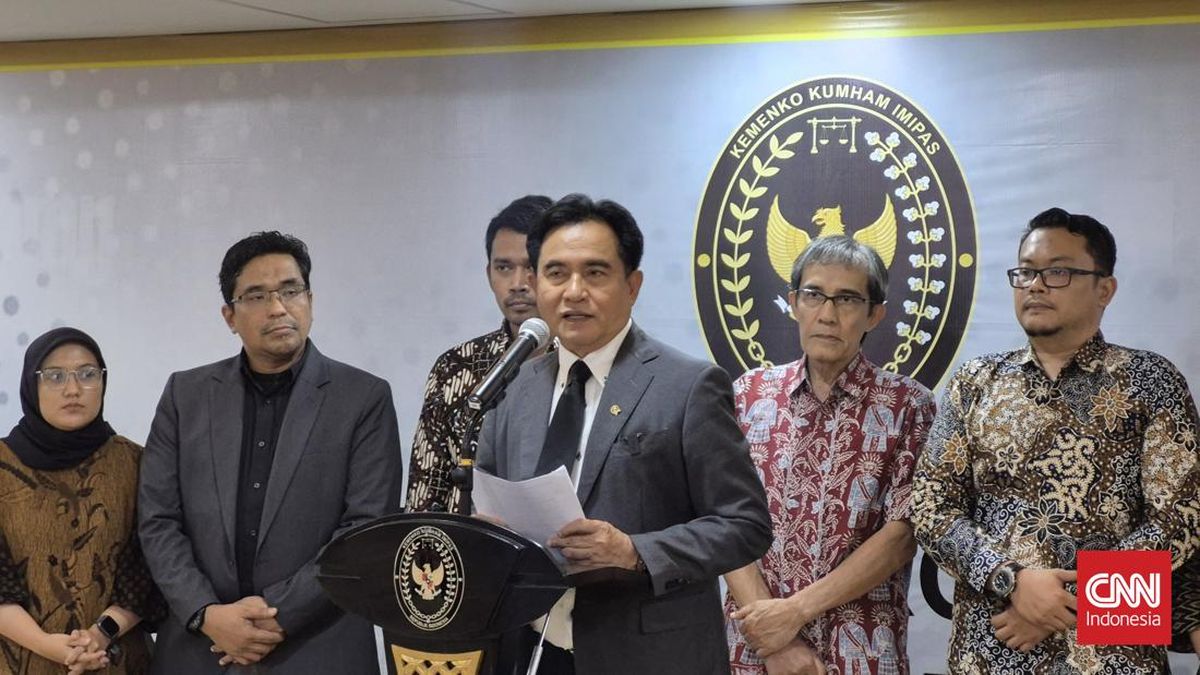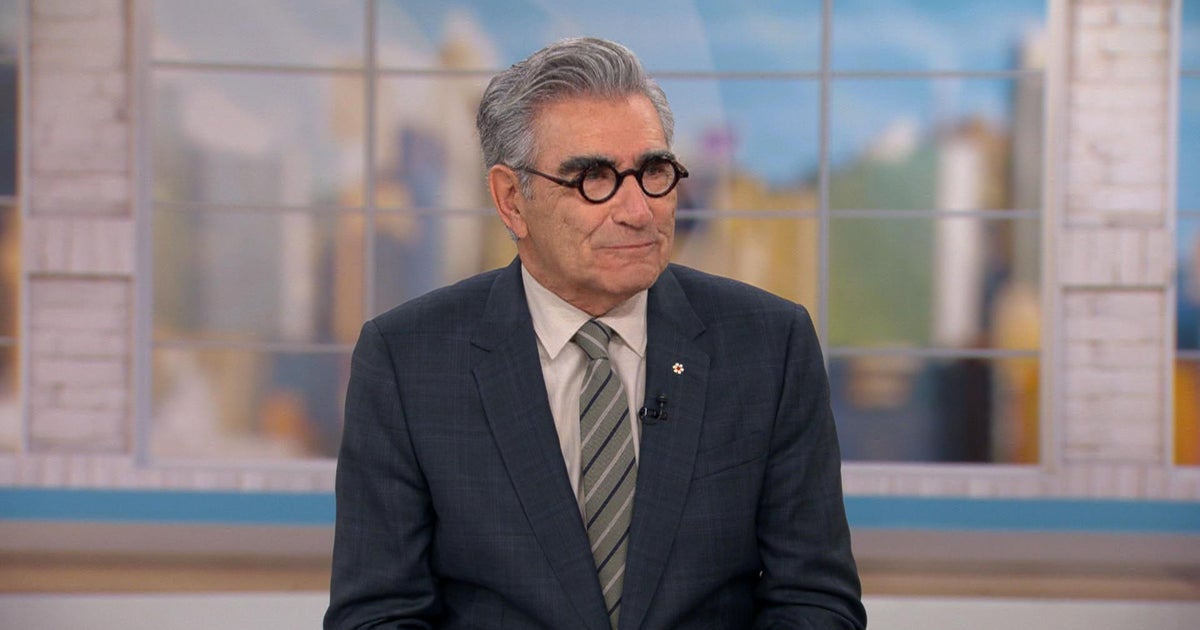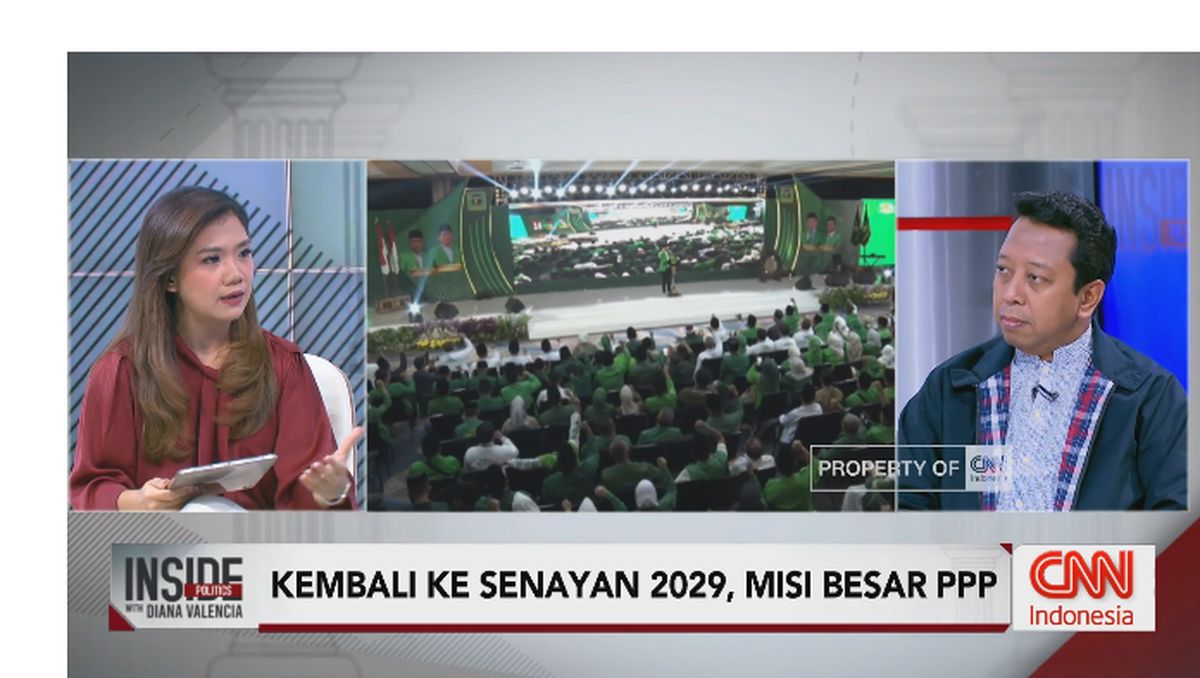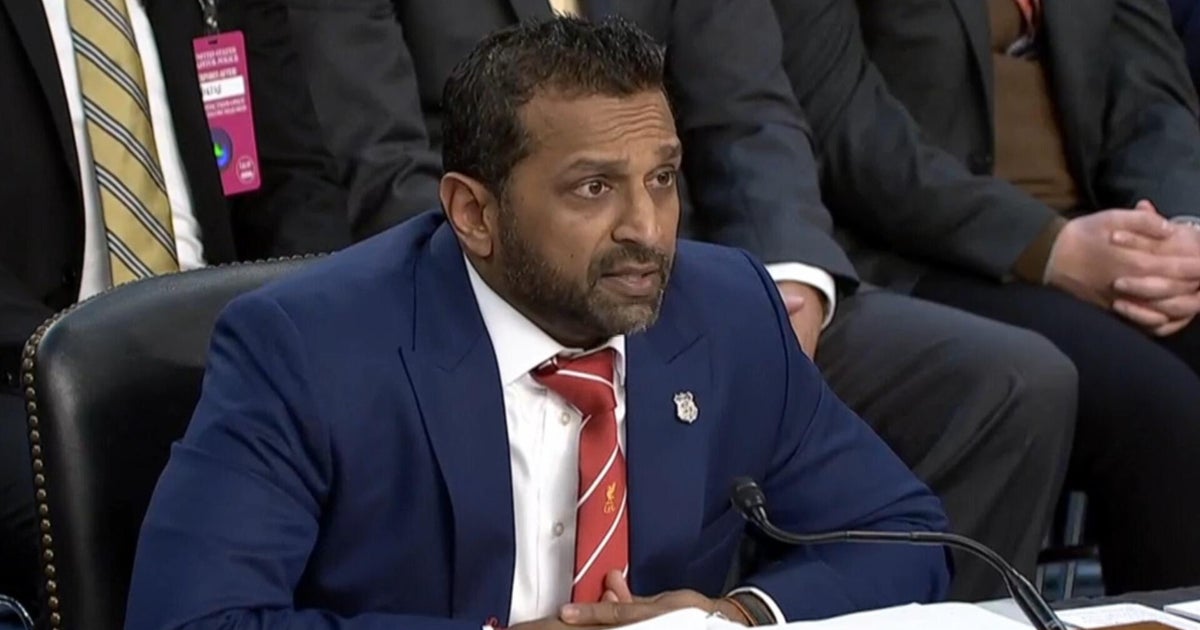Artificial intelligence sparks a vast spectrum of human expectation, from the apocalyptic – AI will become sentient and destroy us all – to the radiant hope of a vastly “improved” humanity who will live much longer lives of ease and luxury.
Many of the claims, both negative and positive, are doubtless accurate at the same time. There are benefits and costs, and only time will show how great each really is.
AI has been called the biggest shift in information production since the printing press. It is certainly revolutionising our economic and social lives, and I confess to both uncertainty and trepidation. Science fiction writer Isaac Asimov was hugely optimistic with his “three laws of robotics” in 1942, but the history of technological change shows the poet Shelley, too, had a point: “The rich get richer and the poor get poorer.”

Data centres don’t look intelligent - and lack morality. Credit: istock
Two interesting recent examples come from the legal realm. In March, a study of hypothetical decisions by 31 US federal judges compared with judgments delivered by AI showed the latter was far more rigid and less sympathetic to personal circumstances, even when programmed to be compassionate.
In May, in Arizona, the sister of a man killed in a road rage attack programmed AI to give her brother a voice from beyond the grave at the killer’s trial. AI was used to generate a moving image of him delivering a statement to the accused. The victim statement urged forgiveness, which impressed the judge.
Nine newspapers last week ran an important article on AI companions, both the rewards and risks, in which teens especially can become dependent at the cost of real relationships.
The key thing about AI is the first word – it is “artificial”. It is brilliant at managing vast amounts of data very quickly. But it cannot create from a vacuum, only from what is fed into it. When AI does try to create, it can be embarrassing, as with the American freelance journalist, featured on the ABC’s Media Watch recently, who got AI to write a newspaper feature on 25 books for summer reading. The problem was that half the books didn’t exist; AI simply invented them.
Most importantly, AI cannot be our source of moral authority. It can have no sense of the sacred or even human dignity. However efficient AI might be, there is a moral and spiritual dimension to human life that requires human guardianship.
We can’t leave our moral foundations to machines, nor our concept of good or flourishing or human relationships. Christians believe that moral and rational agency is part of being created in the image of God – all humans have this, whether religious or not. It is a responsibility we cannot abnegate.
Barney Zwartz is a senior fellow of the Centre for Public Christianity.


















































